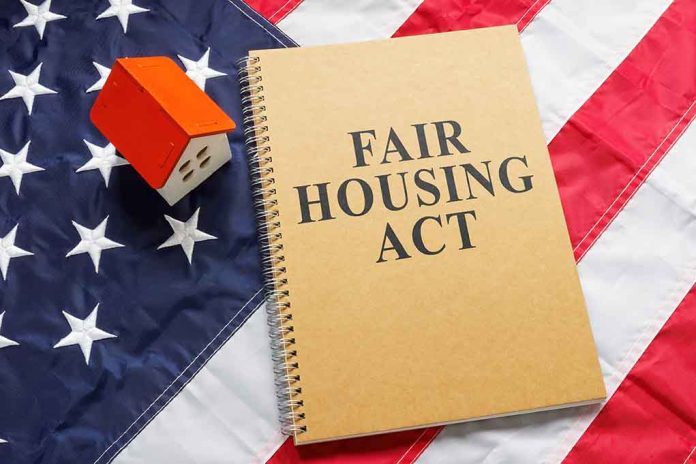
Know Your Rights: How The Fair Housing Act Protects You From Prejudice
(DailyDig.com) – In spite of the passage of many decades of protections for individuals and groups from discrimination when seeking housing through the Fair Housing Act, such discrimination sadly still occurs. Here is a look at the rights people have under the Fair Housing Act, and how they can file a complaint if they feel their housing rights have been violated.
What is discrimination?
As explained by the American Psychological Association (APA), discrimination is the unfair or prejudicial treatment of people or groups of people based on characteristics such as age, race, sex (including gender, gender identity, and sexual orientation), religion, disability, familial status, or national origin. There are a patchwork of federal laws in place that are designed to protect individuals from discrimination in housing, the workplace, and when obtaining public assistance or benefits.
Discrimination protections offered through the Fair Housing Act
The Fair Housing Act is a federal law that protects people from discrimination when they are renting or buying a home, seeking housing assistance, applying for a mortgage, or otherwise engaging in housing-related activities. The law prohibits discriminatory actions based on race, color, religion, sex, disability, familial status, or national origin such as:
- Refusing to rent or sell a house.
- Refusing to negotiate a housing agreement or otherwise making housing unavailable.
- Setting different terms and conditions for the rental or sale of housing, or imposing different sale or rental prices.
- Providing different housing or facilities.
- Denying that a house is available for inspection, sale, or rental.
- Publishing notices, statements, or advertisements that indicates a preference for a specific type of dweller, or limitations of dwellers.
- Using different qualification criteria for applicants.
- Evicting a tenant or their guest.
- Failing to maintain the property or delaying the performance of maintenance and repairs.
- Discouraging the purchase of a dwelling.
- Refusing to make a mortgage loan or providing financial assistance for the rental or sale of a dwelling.
- Conditioning the approval of a loan based on the applicant’s response to harassment.
- Intimidating anyone who is exercising their fair housing right or assisting others in exercising their right to fair housing.
- Failing to provide reasonable accommodations so that a person with disabilities can enjoy offered housing.
The Fair Housing Act covers most types of housing, with limited exceptions for owner-occupied dwellings with no more than four units, single family homes sold by the owner without the guidance of an agent, and housing operated by religious organizations.
Who is covered by the Fair Housing Act?
Anyone who attempts to purchase or rent a home, seek housing assistance, or obtain a mortgage for housing is covered by the Fair Housing Act. Complaints for discriminatory practices can be filed against property owners, managers, developers, mortgage lenders, real estate agents, homeowner’s associations, insurance providers, and others who can affect an individual or family seeking housing.
How to report Fair Housing Act violations
Individuals who feel that their rights under the Fair Housing Act have been violated can file a complaint with the federal Department of Housing and Urban Development’s Fair Housing Equal Opportunity (FHEO) division. Complaints can be filed online, via email, phone, or postal service. The information that should be submitted with the complaint includes:
- The name and address of the individual submitting the complaint.
- The name and address of the individual or organization that the complaint is being filed against.
- Identifying information about the housing or program involved in the complaint.
- A description of the event that led the individual to feel that their rights had been violated, including the date of the alleged violation.
Depending on the nature of the complaint, the FHEO can request to interview the individual who submitted it. Additionally, the FHEO can forward the complaint to an appropriate state or local government for investigation, and can initiate a compliance review based on their findings. At any time during the investigation, the parties involved can resolve the matter on their own, provided the terms of their agreement are deemed satisfactory by the Department of Housing and Urban Development and its FHEO division.
Copyright 2022, DailyDig.com













